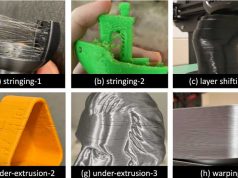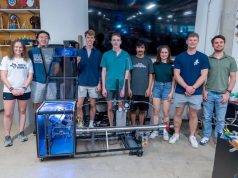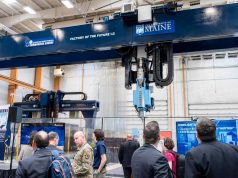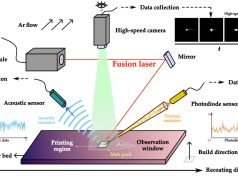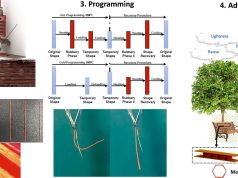A team of researchers at Stanford University plans to use 3D bioprinting to create an artificial human heart and implant it in a pig. The ambitious project is supported by the U.S. agency ARPA-H with 26 million dollars.
According to the scientists, the goal is to print a fully functional, biological heart within five years and implant it in a genetically modified pig body. To do this, stem cells and specialized heart cells will be grown on a large scale and then assembled layer by layer to form an organ.
Project leader Mark Skylar-Scott calls it a “moonshot” project, but says all the prerequisites are now in place. The combination of bioprinting, stem cell research and large-scale cell production makes a technological leap towards artificial organs possible. The long-term goal is the customized production of human replacement organs.
According to Skylar-Scott, the ambitious project requires a broad range of expertise, which is available at Stanford University. The university is a “center of excellence” for heart medicine and bioprinting, which makes such complex projects possible.
Subscribe to our Newsletter
3DPresso is a weekly newsletter that links to the most exciting global stories from the 3D printing and additive manufacturing industry.






